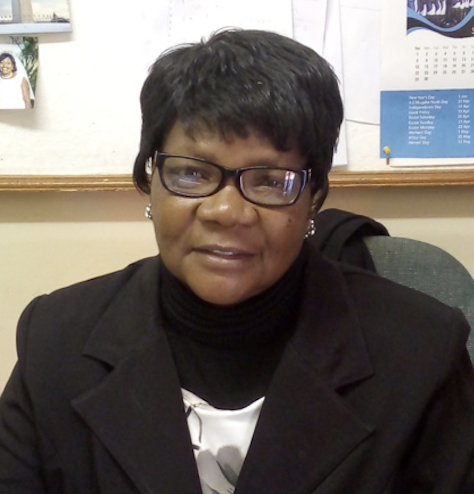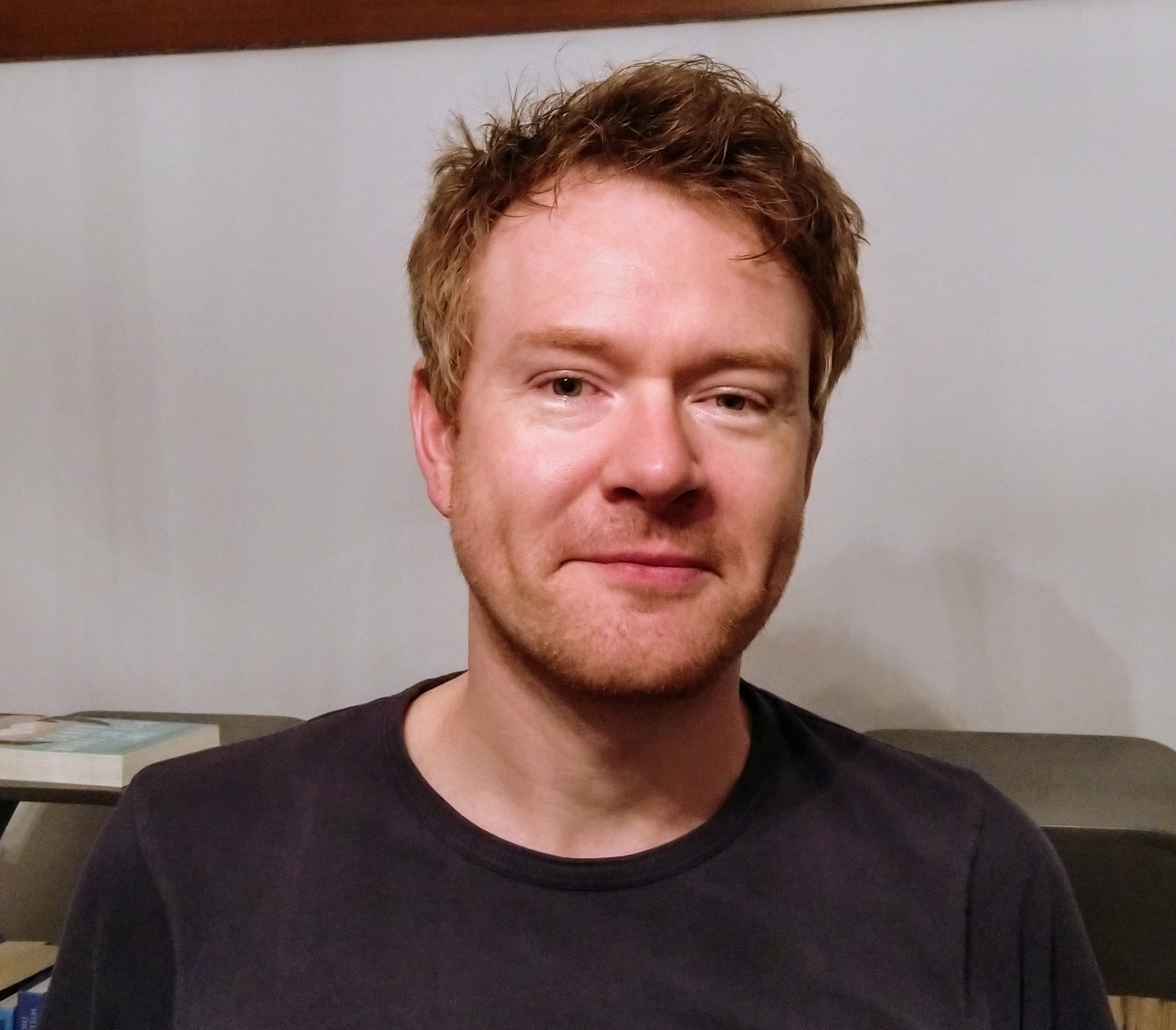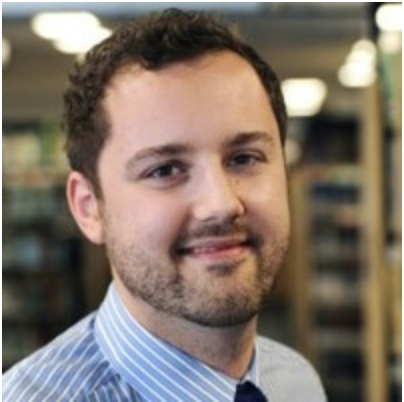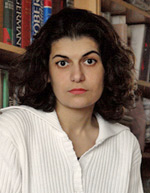This Vision Interview with Petr Knoth, Senior Research Fellow in Text and Data Mining at the Open University and Head of CORE (core.ac.uk), served as the opening segment of the NISO Hot Topic virtual conference, Text and Data Mining, held on May 25, 2022. Todd Carpenter spoke at length with Knoth about the many ways in which text and data mining impacts the present as well as the future. They discussed just how innovative this technology can be for the needs of researchers in the information community.
Tag: interview
Experience of using CORE Recommender
CORE Recommender is a plugin for repositories, journals and web interfaces that provides suggestions on relevant articles to the article a user is looking for. The source of recommended data is the base of CORE, which consists of over 25 million full texts from CORE. Today we have interviewed George Macgregor, Scholarly Publications & Research Data Manager at the University of Strathclyde, responsible for the Strathprints institutional repository. Read about his experience of using CORE Recommender on the Jisc Research blog.
CORE Ambassador: Nick Sheppard
 Nick has worked in scholarly communications for over 10 years, currently as Open Research Advisor at the University of Leeds. Previously he was Research Services Advisor at Leeds Beckett University. Nick is interested in effective dissemination of research through sustainable models of open access, including underlying data, and potential synergies with open education and Open Educational Resources (OER), particularly underlying technology, software and interoperability of systems.
Nick has worked in scholarly communications for over 10 years, currently as Open Research Advisor at the University of Leeds. Previously he was Research Services Advisor at Leeds Beckett University. Nick is interested in effective dissemination of research through sustainable models of open access, including underlying data, and potential synergies with open education and Open Educational Resources (OER), particularly underlying technology, software and interoperability of systems.
Q: What does Open Access means to you?
A: We live in the age of information where the world’s knowledge should be immediately and easily accessible to the majority of humanity. Instead much primary research is restricted to those that can afford it, whether to read under traditional subscription models or, under an APC based model, to publish at all. Meanwhile fake news is propagated freely with potentially disastrous consequences for our democracy, our ecology and global equality. Sustainable and affordable open access to research is essential for a well informed global population, the first step to building a better society.
With equity as the theme of this year’s Open Access week we will be exploring issues of equality including gender imbalance within the academy and how our University’s research can better benefit the Global South. Early plans include a gender analysis of Leeds research outputs and a Wikimedia editathon focussing on women scientists and encouraging researchers of all genders to properly cite Wikipedia with open access research.
CORE Ambassador: Gloria Kadyamatimba
 Gloria is a lecturer in the Centre for Language and Communication Studies, Institute of Lifelong Learning and Development Studies at Chinhoyi University of Technology in Zimbabwe. She has special responsibility for coordinating the Information Literacy Skills component of the Communication Skills module. She is a former Library Director at the same institution.
Gloria is a lecturer in the Centre for Language and Communication Studies, Institute of Lifelong Learning and Development Studies at Chinhoyi University of Technology in Zimbabwe. She has special responsibility for coordinating the Information Literacy Skills component of the Communication Skills module. She is a former Library Director at the same institution.
Q: What does Open Access mean to you?
A: Open access means unlimited access to research materials and tools to publicise research and make it more visible to a wider audience. Open access means knowing the research others are carrying out and making one’s research known to others.
In the past the Library was on the forefront of celebrating OA week. The celebrations entailed having seminars with speakers from the Library and other experts from around the country.
CORE Ambassador: George Macgregor
 George is an Institutional Repository Co-ordinator at the University of Strathclyde. His interests and expertise are in structured open data, especially within repositories and semantic web contexts, information retrieval, distributed digital repositories and human-computer interaction.
George is an Institutional Repository Co-ordinator at the University of Strathclyde. His interests and expertise are in structured open data, especially within repositories and semantic web contexts, information retrieval, distributed digital repositories and human-computer interaction.
Q: What does Open Access mean to you?
A: Aside from the usual reasons why Open Access is important, I like to remember that Open Access is about resource discovery. It is about cracking open the sum total of human knowledge in a way that machines can understand and, by extension, providing it in a way which enables users to find scholarly content more easily and, of course, in an unrestricted way.
International Open Access Week is approaching soon but, to be honest, we don’t tend to have plans for Open Access week because at Strathclyde every week is Open Access week! I think there might be quite a few UK institutions that operate in a similar way. In the UK we are fortunate that there is a powerful regulatory aspect to the REF2021 Open Access Policy which ensures researchers take better notice of the open science agenda.
CORE Ambassador: David Walters
 David is the Open Access Officer at Brunel University London based within the Scholarly Communication & Rights Management team. He is an advocate of OA publishing, and of building services that realise the movement within local institutional communities. David has spoken at UKSG, NASIG, RLUK and Altmetric conferences about this topic in recent years. David is an ambassador for the CORE service.
David is the Open Access Officer at Brunel University London based within the Scholarly Communication & Rights Management team. He is an advocate of OA publishing, and of building services that realise the movement within local institutional communities. David has spoken at UKSG, NASIG, RLUK and Altmetric conferences about this topic in recent years. David is an ambassador for the CORE service.
Q: What does Open Access mean to you?
A: To us at Brunel, Open Access means many things – ideologically and practically. Most importantly, we consider Open Access to research output a critical, underpinning component on the journey toward an ‘Open Science’ world. Open Science encompasses many areas, aiming to enhance scientific and educational sectors.
As with many institutions, at Brunel we operate local OA services for our community, within an ever-growing landscape of technological and policy drivers. Open Access means creating an environment that supports policy drivers, whilst advantaging new technologies for our community as they emerge.
Much progress is being driven by these factors. However, it is as important to foster discussion and leadership amongst research communities. Open Access means researchers and students shaping and leading their subjects into new forms of science communication and practice.
At Brunel our role in supporting Open Access is to:
– Engage and inform our community about these issues as they evolve
– Build and tailor services to our community’s needs
– Recognise and celebrate ‘open’ activity by our researchers in all its forms
CORE Ambassador: Milica Sevkusic
 Milica is a librarian at the Institute of Technical Sciences of the Serbian Academy of Sciences and Arts since 2007. Her education background is in art history and her previous work experience includes heritage policies and documentation standards, heritage-related civil society projects and digitisation, traditional librarianship and bibliography. Currently, her professional interests focus on Open Science, library services aimed at supporting research activities, training on academic services and tools, information literacy and research ethics. Since November 2014, she has been serving as the EIFL Open Access country coordinator in Serbia. In this capacity, she designed and coordinated the project – Revisiting open access journal policies and practices in Serbia, which was implemented with EIFL’s support in 2016–2017. She has also been involved with institutional repositories since 2013, when her affiliated institution implemented the first fully functional institutional repository in Serbia. She is now a member of the Repository Development Team at the University of Belgrade Computer Centre, which is currently the leading force in repository development in Serbia.
Milica is a librarian at the Institute of Technical Sciences of the Serbian Academy of Sciences and Arts since 2007. Her education background is in art history and her previous work experience includes heritage policies and documentation standards, heritage-related civil society projects and digitisation, traditional librarianship and bibliography. Currently, her professional interests focus on Open Science, library services aimed at supporting research activities, training on academic services and tools, information literacy and research ethics. Since November 2014, she has been serving as the EIFL Open Access country coordinator in Serbia. In this capacity, she designed and coordinated the project – Revisiting open access journal policies and practices in Serbia, which was implemented with EIFL’s support in 2016–2017. She has also been involved with institutional repositories since 2013, when her affiliated institution implemented the first fully functional institutional repository in Serbia. She is now a member of the Repository Development Team at the University of Belgrade Computer Centre, which is currently the leading force in repository development in Serbia.
